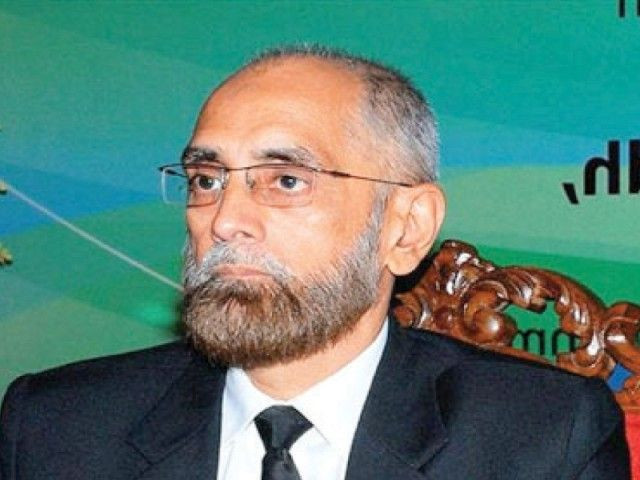Improving access to justice
80 per cent of disputes in the country are settled by the unregulated informal justice sector

Justice Anwar Zaheer Jamali.
Our media keeps us posted periodically on just how large a backlog of cases is pending in the superior and subordinate courts, awaiting adjudication. A justice system that is overburdened by a steady stream of fresh cases piling upon the undecided ones is further stymied by staffing shortages. The wheels of justice, therefore, move agonisingly slowly, frustrating the litigant public beyond endurance.
It is small wonder, then, that informal mechanisms of dispensing justice are firmly entrenched in Pakistan, especially in the vast swathes of the rural hinterland and tribal territories, with people finding it far easier to get their issues resolved by councils of village elders at their doorstep, where speed is the name of the game. This stateless justice system sometimes hands down outrageous verdicts that jolt society and spark widespread outrage — karo-kari and swara cases being the most glaring examples. Jirgas and panchayats are known to have gone so far as to pronounce death sentences. No one in their right mind can back this jirga-sanctioned murder. To counter this impulse to take the laws into one’s own hands, it is ever more important to extend the state’s writ in all corners of the country. Justice must be made more accessible and cheaper for the citizenry so that it does not have to resort to an outdated mode of getting justice. That said, one cannot argue with the utility of informal conflict-resolution structures for handling petty issues outside of court. Nevertheless, the current state of affairs does require the urgent institution of far-reaching legal reforms. What is unfortunate, though, is the current government’s apparent apathy towards this all-important area of governance.
Published in The Express Tribune, November 6th, 2015.
Like Opinion & Editorial on Facebook, follow @ETOpEd on Twitter to receive all updates on all our daily pieces.















COMMENTS
Comments are moderated and generally will be posted if they are on-topic and not abusive.
For more information, please see our Comments FAQ